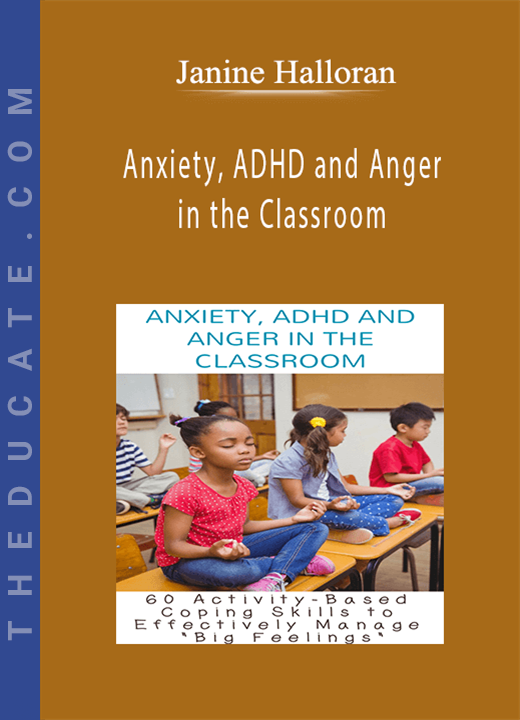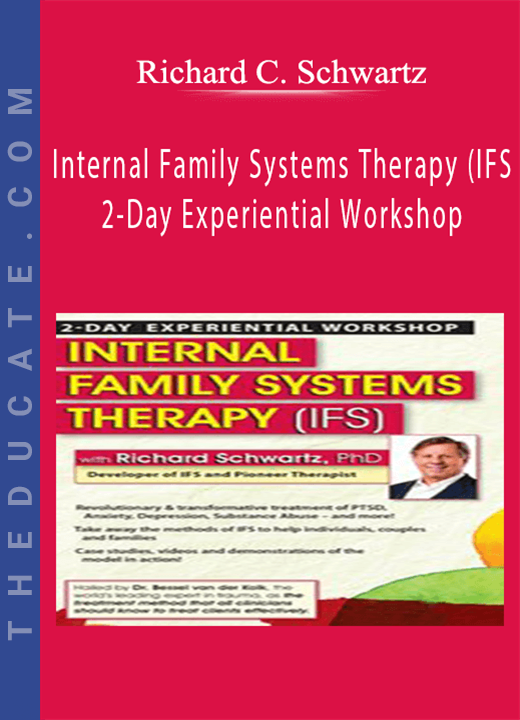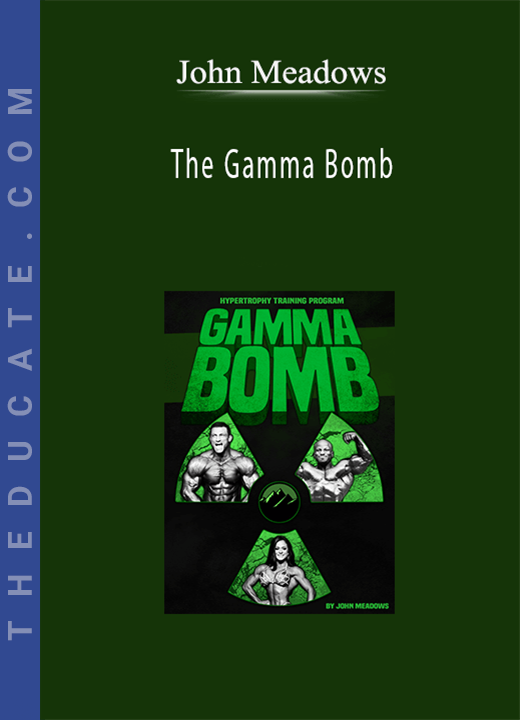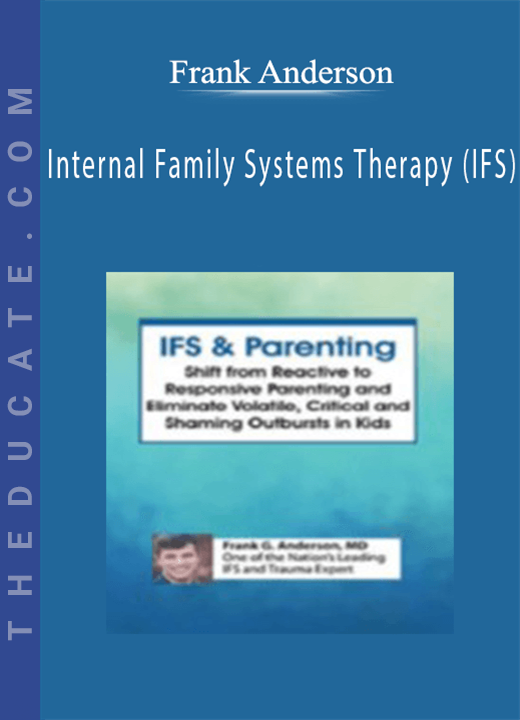Description
Anxiety, ADHD and Anger in the Classroom: 60 Activity-Based Coping Skills to Effectively Manage “Big Feelings” – Janine Halloran
Managing the emotional climate of your classroom is crucial to learning. When children are struggling to manage anxiety, ADHD and anger, they can’t focus on the academic tasks expected of them in a classroom setting. By teaching kids simple, healthy and safe ways to express their emotions and calm their bodies, they will be better able to concentrate on their work during the school day. The positive impact healthy coping skills will have on a child’s academic performance is truly transformational.
In this seminar, we’ll learn how coping skills impact a student’s nervous system, and how to use that knowledge to help kids calm their bodies and get ready to learn. Join coping skills expert and experienced school counselor Janine Halloran, LMHC as she shows you coping skills and techniques ideal for a classroom.
- Walk away with a coping skills toolbox
- Deep breathing printables
- Check in sheets
- ”Anxiety thermometer”
- Relaxation exercises
- ”What’s your play personality?”
- And many more
Be prepared for experiential learning and movement as we try different coping skills like grounding techniques, breathing exercises, and big body movements throughout the workshop.
- Develop strategies for teaching kids coping skills that positively impact academic performance and their ability to maintain relationships.
- Analyze how the nervous system response of “fight, flight or freeze” is connected to stress and communicate how coping skills can be used to shift kids to a more tranquil “rest and digest” response.
- Establish a classroom routine that allows for breaks to benefit both hypo-arousal and hyper-arousal in kids with ADHD.
- Articulate how mindfulness and grounding techniques can be used to help children manage their symptoms of anxiety.
- Establish methods to determine the source of stress and create a plan to eliminate shutting down or acting out.
- Utilize specific movement-based strategies that can effectively intervene in kids’ anger responses.
Coping Skills Overview
- The autonomic nervous system & coping skills
- 4 types of coping skills: calming, physical, distraction and processing
- Coping skills checklist to identify current skills and strengths
- Preventative interventions
Skills and Strategies: Interactive Exercises
Deep Breathing – Beyond “Taking a Deep Breath”
- Props – pinwheels, bubbles, stuffed animals, Hoberman sphere
- Words – to encourage deep breaths, “smell the soup, cool down the soup”, etc.
- Shapes – star breathing, lazy 8 breathing, square breathing, triangle breathing
- Your Body – your hand, whole body movement
Coping Skills for Anxiety/Stress
- Mindfulness Practice – one mindful minute, spiderman mindfulness, audio and visual mindfulness scripts, Grounding Techniques – 54321 grounding, alphabet grounding
- Identifying and taming anxiety – take-home worksheets to help identify anxiety, including a thermometer for anxiety worksheet, “sources of stress” worksheet
Coping Skills for ADHD
- Plan movement and sensory breaks
- The importance of play, hobbies, and having fun: calming jars, fidgets, sand trays, zen gardens
- Coping skills for stress
- Manage stressful times – the importance of play, hobbies, and having fun
- Sensory Ideas – calming jars, fidgets, sand trays, zen gardens
Coping Skills for Anger/Frustration
- Small physical movement activities to manage frustration – squeezing play dough, scribble drawing, bubble wrap, ripping paper
- Big physical movement activities to manage anger – jumping jacks, running, wall push ups, obstacle courses, yoga
- Processing anger – comic strip processing, what I can control vs. what I can’t control worksheet
Practical Implementation Ideas for the Classroom or Office
- Make a coping skills toolkit for your room – fidgets, coping skills cue cards and other visuals to help, include distraction coping skills like word searches, hidden pictures. etc
- Creating a calm down spot/calm down room – identify a good spot, create an area that is peaceful and relaxing, include the coping skills toolkit
- Practice your own coping skills – mindfulness and self-care worksheet







3 reviews for Anxiety, ADHD and Anger in the Classroom: 60 Activity-Based Coping Skills to Effectively Manage “Big Feelings” – Janine Halloran
There are no reviews yet.